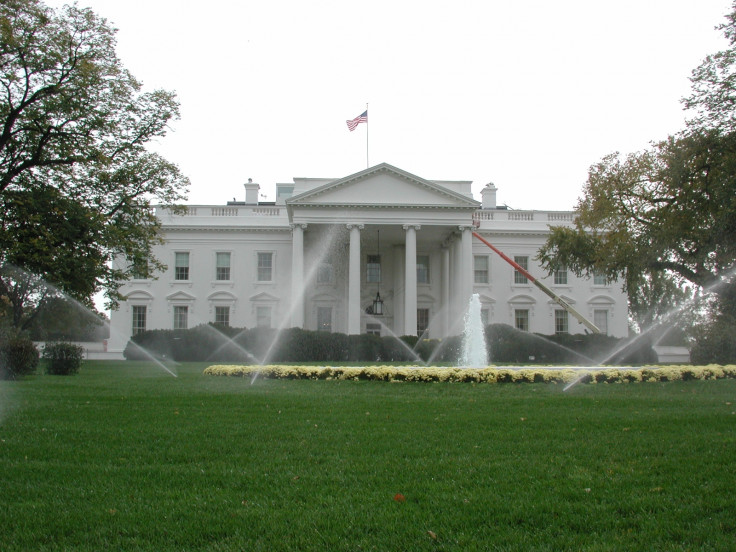Well-kept lawns 'causing climate change' by boosting greenhouse gas emissions

Well-kept lawns are contributing to climate change by emitting more greenhouse gases than what they soak up, a study has found.
Published in the Journal of Environmental Management, researchers looked at nitrous oxide emissions from urban turf grass to find out what the long-term impact of lawn management practice was on emissions to establish the global warming potential (GWP).
"The model simulated N2O emissions and net GWP from the three management intensity levels over 75 years," the authors wrote.
Lawns soak up carbon dioxide by storing it in the soil after the grass degrades. But intensive mowing, fertilising and watering can mitigate any benefits begot and end up emitting more greenhouse gases than they absorb.
Greenhouse gases – carbon dioxide, methane, nitrous oxide and fluorinated gases – trap heat in the atmosphere, making the Earth warmer and causing climate patterns to change.
Speaking to the Independent, author Chuanhui Gu, from the Appalachian State University, said there are steps avid gardeners can take to reduce their impact on the environment.
He said: "Climate change emissions from urban lawns and gardens are often kind of neglected by people, even scientists. We found that the urban turf grass system actually contributes to global warming. It's a lot. It's about two-thirds of the carbon emissions from agricultural fields [of the same area]."
A hectare of lawn in Tennessee produced greenhouse gases equivalent to up to 2,443kg per year carbon dioxide a year.
"We had to find a balance between aesthetic concerns and environmental concerns," Gu said.
Researchers developed a maintenance plan that reduced emissions by up to 70%. This involved mowing half as frequently and keeping watering to a minimum. Fertiliser should be used very sparingly, with grass cuttings left on the lawn as a natural alternative, scientists said.
"It's a win-win situation," Dr Gu said. "Grass clippings are a perfect nutrient source for turf grass. It's actually better than fertiliser."
"Reduction of fertilisation is most effective to mitigate the global warming potentials of turfgrasses. Compared to the baseline scenario, halving fertilisation rate and clipping recycle as an alternative to synthetic fertiliser can reduce net GWPs by 17% and 12%, respectively," the study said. "In addition, reducing irrigation and mowing are also effective in lowering net GWPs."
Researchers recommend a high-dose fertiliser at the initial stage of the lawn, followed by decreasing rates as the lawn ages.
They said: "A minimum-maintained lawn management practice with clipping recycling, and minimum irrigation and mowing, is recommended to mitigate global warming effects from urban turfgrass systems."
© Copyright IBTimes 2025. All rights reserved.






















